A Buyer's Guide to Septic
You may have heard the term ‘septic tank’ before, but do you know what owning a septic system entails? Find the answers to many frequently asked questions below.
What is a septic tank?
A septic tank is a sewage waste system that is designed for containment of waste from a home. While designs can vary, the most common configuration features a large tank, made from concrete or plastic, and a distribution box connected to several pipes. The system exists buried under the homeowner’s property, connected to the home via pipes from the shower, toilet, sinks, and washing machine. Upon arrival to the system, solid waste sinks to the bottom while fats and oils rise to the top. The wastes’ water settles in another part of the system and leftover water is allowed to seep into the surrounding ground, called a septic drain field.
Why does a home need a septic system?
If homes are located too far from a city’s sewage line, then a septic system is installed to handle the waste produced. Drain fields require a large space for both the tank and pipes, so septic systems aren’t ideal in densely populated cities. Of course, the size of the system will vary based on the number of occupants in the home and bathrooms located inside. This in mind, if you plan to remodel and add a bathroom or a new occupant will be living in the home, it is wise to consult a septic service provider about increasing the size of the system. Tank sizes range from 500 gallons to 2500 gallons or more which may or may not be regulated by local officials, so contacting your municipal representatives could help eliminate problems before construction begins.
How is the septic system maintained?
It is important to take special care of a septic system. Not only will it save you money, but it can extend the life of the system itself.
Conserve water whenever possible. By limiting water usage, less enters the septic system. Efficient water usage can improve the operating pattern of the system as well as reduce the risk of failure. Make sure clothes washer and dishwashers have full loads before running. If possible, install low flow shower heads and toilets. Repair any leaky faucets as soon as possible.
Be mindful of what goes into the septic system. It doesn’t take much disruption to upset the balance within the septic tank. Too much water entering can cause the system to back up, while excessive amounts of household chemicals can eliminate important biological elements. Normal amounts of household detergents, bleaches, and drain cleaners are alright. Other items that should be avoided are coffee grounds, cooking fats, extra strength paper towels, diapers, facial tissue, cigarette butts, and any other non-decomposable items.
Avoid grease going down the drain. Grease, fats, oils, or food waste can build up in the septic tank or plug sewer pipes; it is best to throw these types of things out in the garbage rather than relying on drain disposal.
Remember to protect the drainage field. Do not allow vehicles or equipment to drive over or park on the area above the septic pipe system as this could compact the soil and crush the pipes themselves. In addition, avoid planting anything except grass or covering the area with asphalt or concrete.
Regular annual maintenance should be performed by a septic system service professional. Annual costs range from $250-400 depending on special considerations and the size of the associated tank. Some systems may need additional maintenance based on the amount of people living in the home, frequency and volume of use, and the quality of care the homeowners put into the system throughout the year.
What is Title V?
Title V requires the inspection of private sewage disposal systems:
When properties are sold, divided, or combined
When there is a change in use or expansion of the facility in question
When MassDEP (Massachusetts Department of Environmental Protection) or the local Board of Health requires an inspection
Periodically for large and shared systems as well as condominiums
That are in cities and towns with MassDEP-approved inspection programs; these systems are required to comply with local requirements
Certain exemptions apply outside of these categories, so check with you local municipality.
The owner of the property is required to coordinate the inspection. If the property fails, the owner is legally responsible to perform required updates to the system to bring it into compliance. Buyers and sellers will often negotiate financial issues of this when a home is approaching transfer from one party to another. Title V does not require a septic system to be in passing condition prior to a sale, but most lenders will not approve a mortgage until upgrades are performed or funds to back the upgrades are safely established. Weather can sometimes be a factor to whether an inspection can be completed or not, so Title V allows for the inspection to be completed up to six months after the sale of a home provided that the seller notifies the buyer in writing.
When being completed, the inspection focuses on the following:
General layout of system components
Type of use, Title V design flow, and whether the facility is currently occupied
Analysis of the criteria specified in Title V that indicates a system failure
Water use records for previous two years if available
A description of the septic tank, including its condition, age, thickness of the grease or scum layer, and any other relevant information
A characterization of the distribution box and dosing tanks with pumps, if any, such as condition and evidence of solids carryover or backup
The condition of the soil absorption system including any signs of hydraulic failure
Condominium owners should be aware that their home holds special requirements; condos with five or more units must be inspected every three years. Those with four or fewer units must be inspected every three years or within two years prior to the sale of one of the units.
Dwell360 is a boutique residential real estate firm based in Newton, Massachusetts, servicing the cities and suburbs of metro Boston. Dwell360 is a leader in in luxury real estate throughout the Boston, Brookline, Newton, Needham, and select other communities of metro Boston. Search for homes in Massachusetts and then give us a call.
Sources:
MassDEP. System Inspections and Property Transfers: Frequently Asked Questions. Retrieved from http://www.mass.gov/eea/agencies/massdep/water/wastewater/system-inspections-and-property-transfers-faqs.html.
MassDEP. Consumer Protection Tips: Septic System Inspections and Repairs. Retrieved from
http://www.mass.gov/eea/agencies/massdep/water/wastewater/protection-tips-septic-system-inspections-and-repairs.html.
Reagan, Anne. (5/15/14). Septic Tanks: Inspection, Testing & Maintenance. Retrieved from http://porch.com/advice/septic-tank-inspection-testing-maintenance/.
Images licensed under Creative Commons Zero on Pexels.com.


